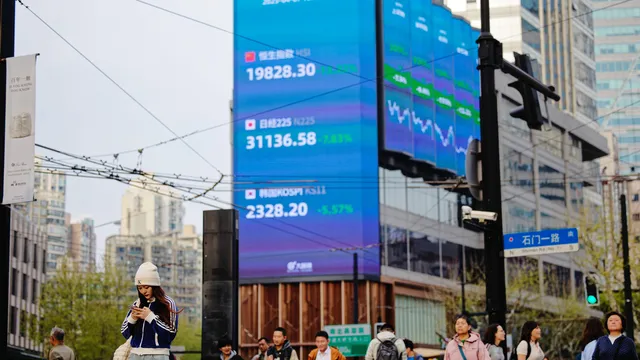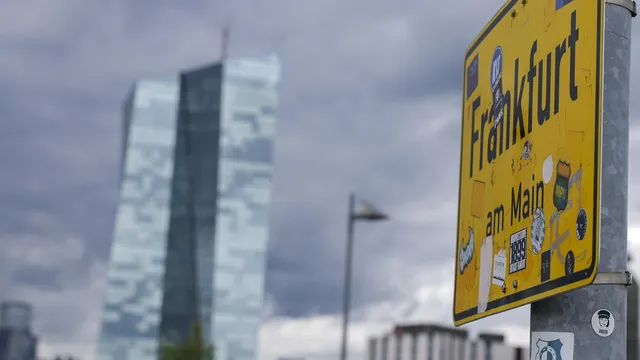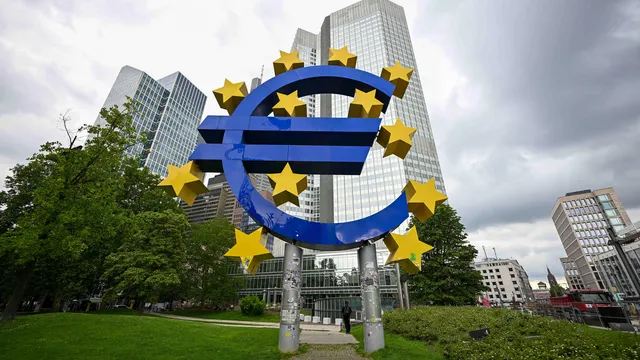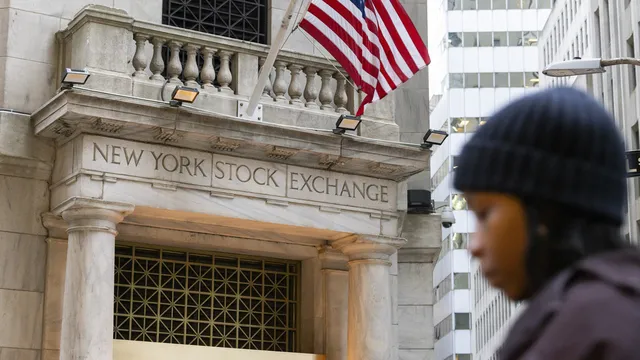Hong Kong’s economy grew by 3.1% in the second quarter, according to official estimates released today, AFP reported. The result exceeded forecasts and was driven by strong exports, spurred by companies seeking to take advantage of a temporary easing of U.S. tariffs.
Although it is a special administrative region with an independent trade policy, Hong Kong remains vulnerable to tariff pressure from U.S. President Donald Trump due to its substantial volume of re-exported Chinese goods.
A government spokesperson stated that improved domestic demand, combined with an 11.5% increase in exports, led to “steady expansion” of the economy. He added that “the temporary easing of U.S. customs measures led to accelerated shipments,” which also contributed to the growth.
Earlier this year, tariffs between China and the U.S. reached triple-digit levels before being significantly reduced following a truce. The current 90-day grace period is set to expire on August 12, but the latest round of trade negotiations has not resulted in an agreement.
President Trump has announced new tariffs against key trading partners such as South Korea, Brazil, and India — a trend that, according to the Hong Kong government, will affect the local economy in the second half of the year.
“The latest tariff increases from the U.S. will put pressure on global trade flows, as well as on domestic economic activity and inflation. The uncertain pace of U.S. interest rate cuts will also impact investment sentiment,” the spokesperson said.
Recent data shows that private consumption, which had been declining for four consecutive quarters, rose by 1.9%, while service exports grew by 7.5%. Hong Kong’s capital markets have also seen a significant recovery, with dozens of Chinese companies turning to the city to raise foreign capital, thanks to political support from Beijing and streamlined listing rules.
Nonetheless, China’s securities regulator this month approved the fewest number of listings in eight months, Bloomberg reported, raising concerns that the initial IPO boom may be slowing down.
Hong Kong Financial Secretary Paul Chan warned that the second half of the year could prove more challenging. “Given the geopolitical situation, there is considerable uncertainty and volatility for Hong Kong,” he said at a press conference.
Although first-quarter growth also stood at 3%, authorities have set an annual target of between two and three percent — a range that Chan described as “reasonable to maintain.”
“Seemingly modest growth does not fully reflect the labor market,” said Gary Ng, senior economist at Natixis Corporate and Investment Banking. “It’s difficult to say that the recovery is stable and shielded from geopolitical and trade tensions.” | BGNES

 Breaking news
Breaking news
 Europe
Europe
 Bulgaria
Bulgaria







